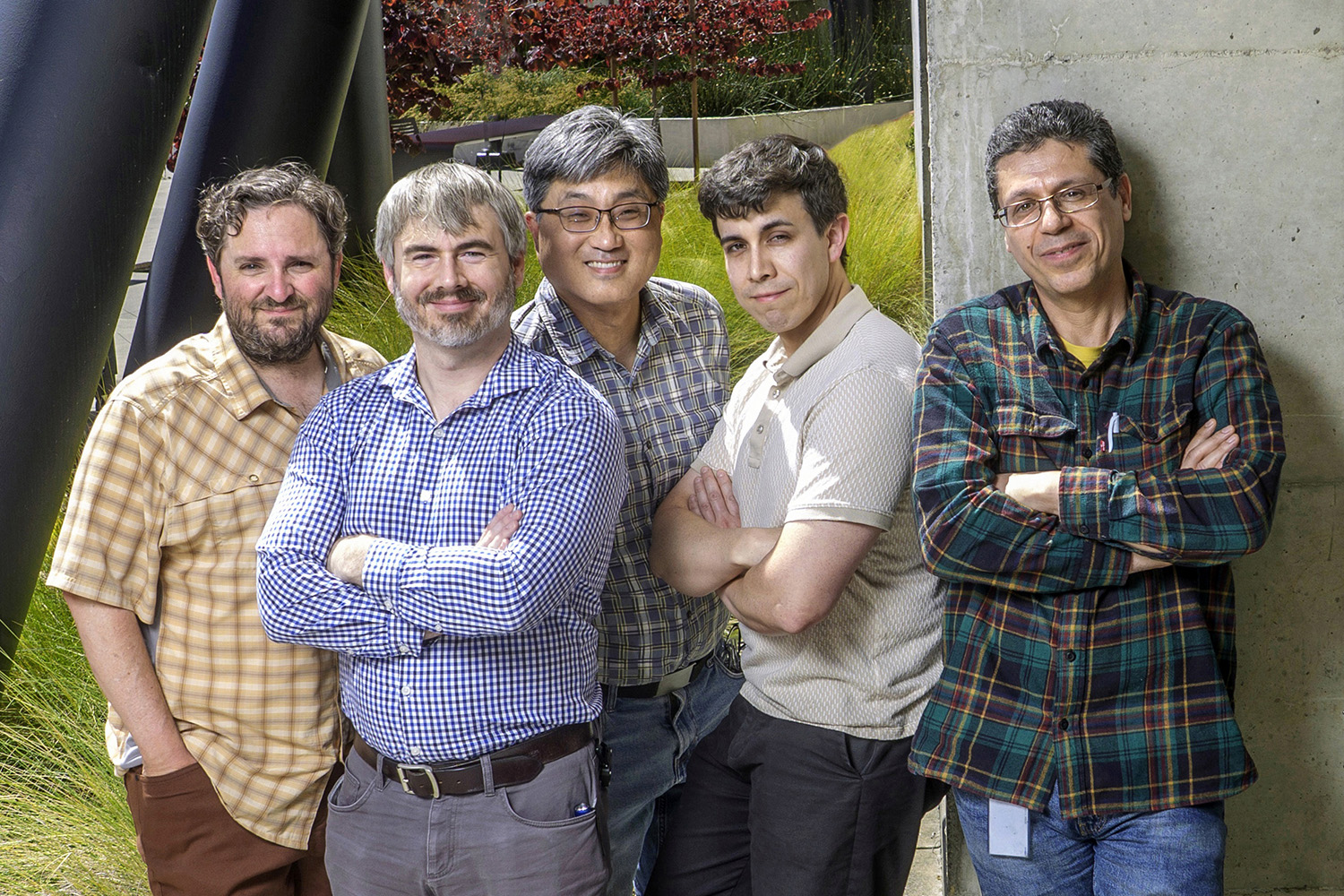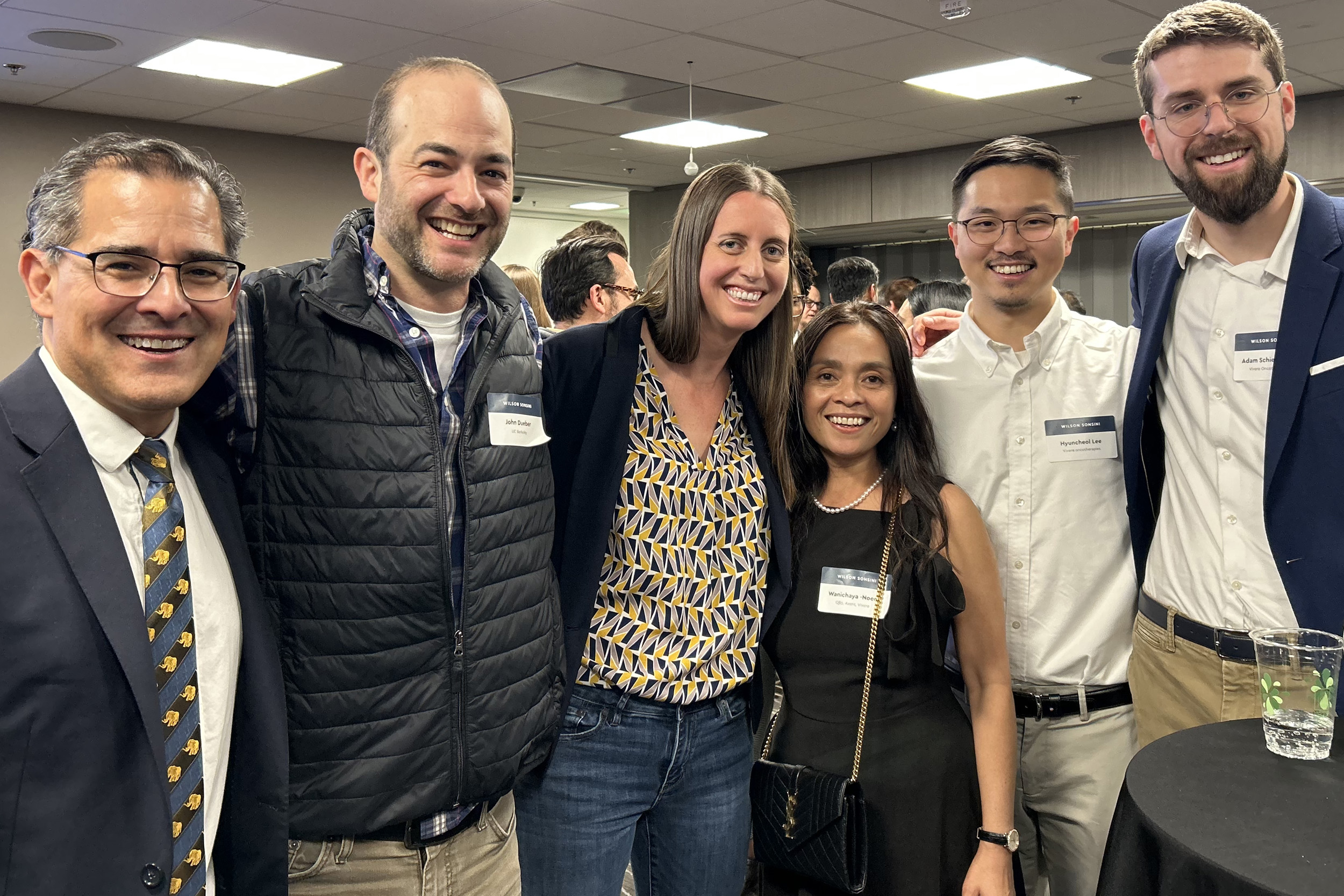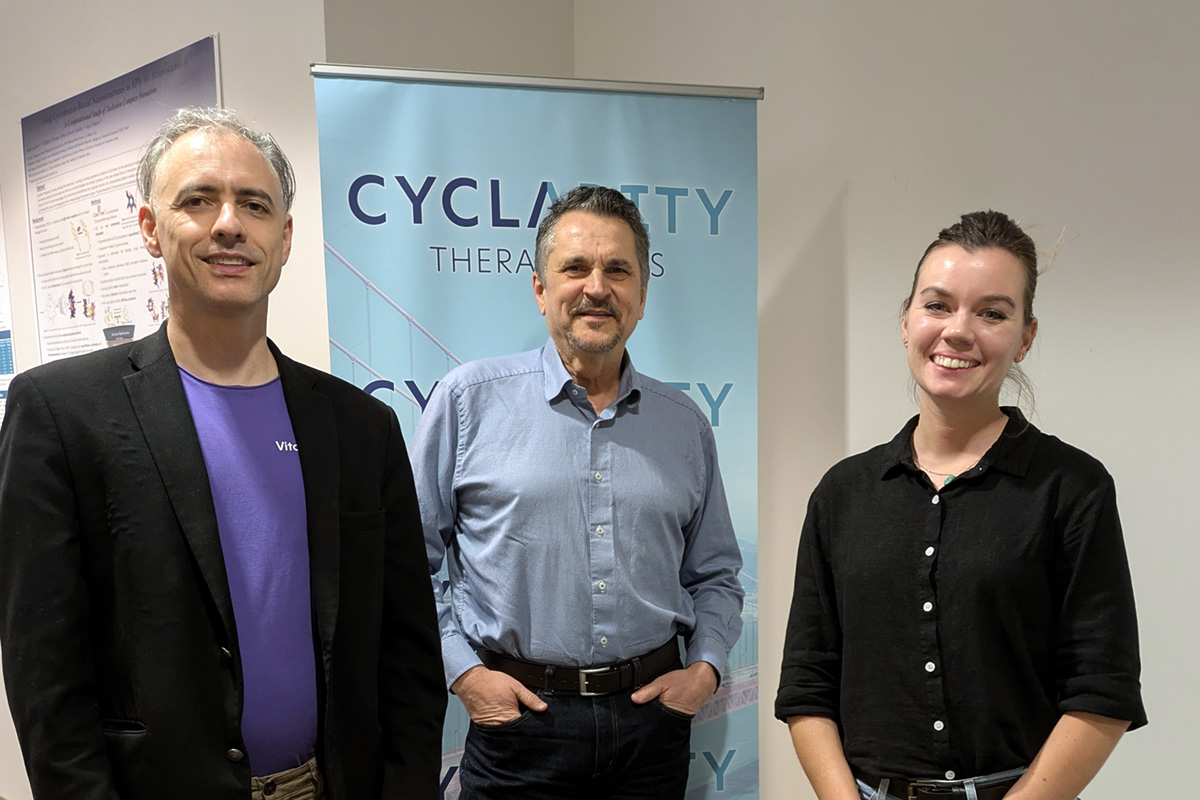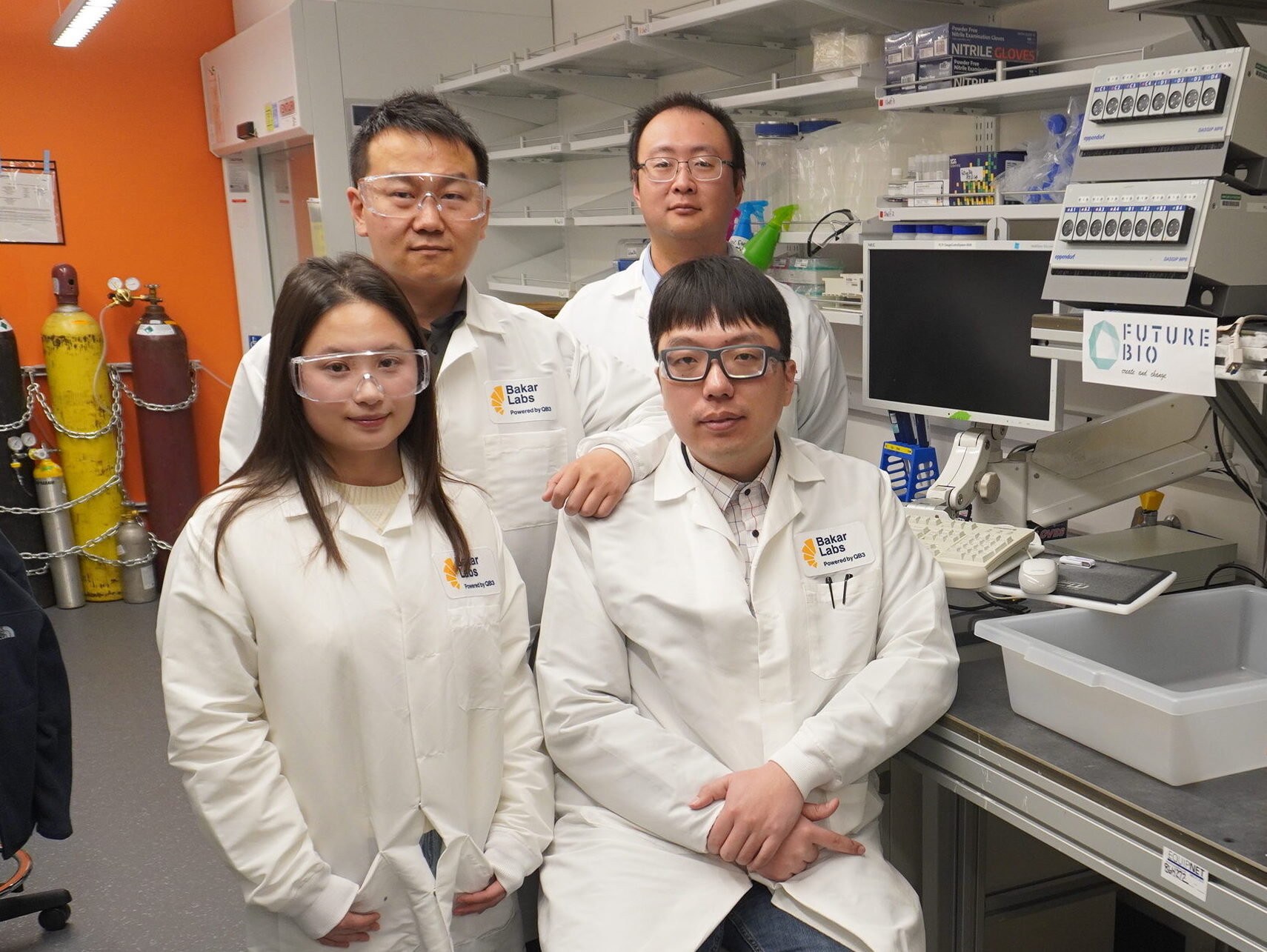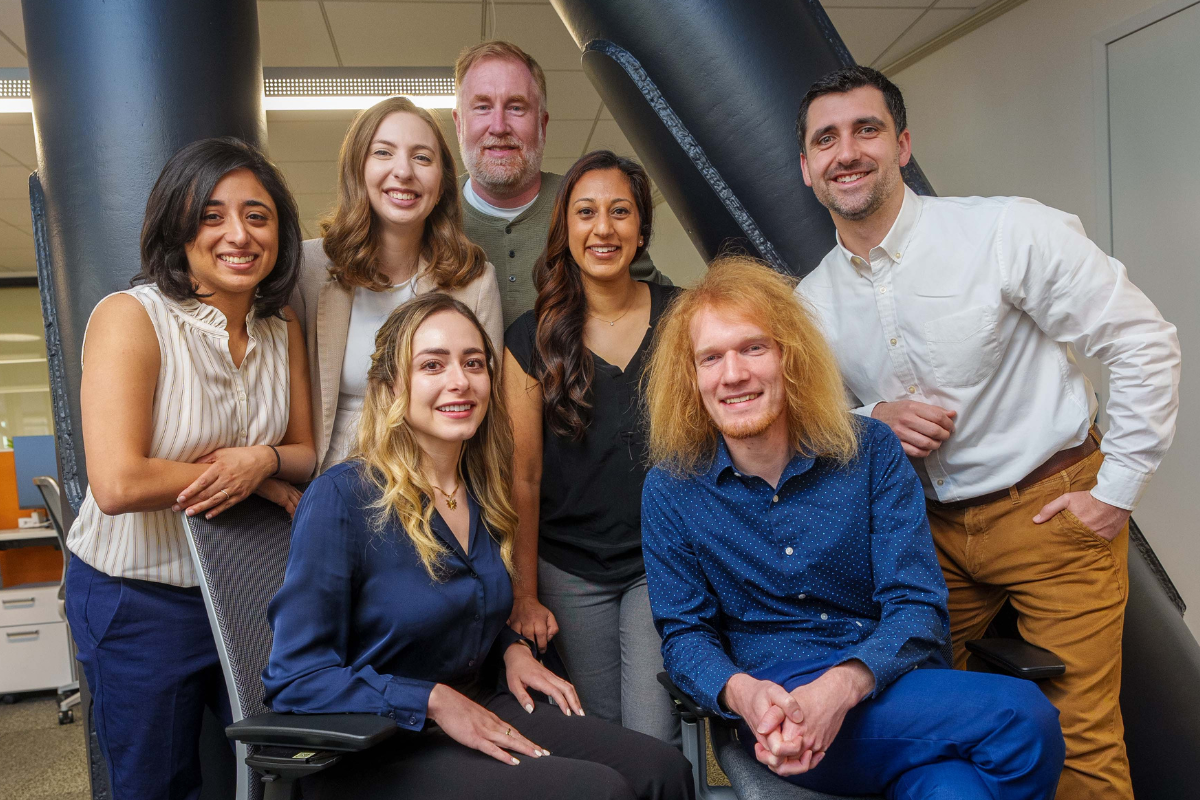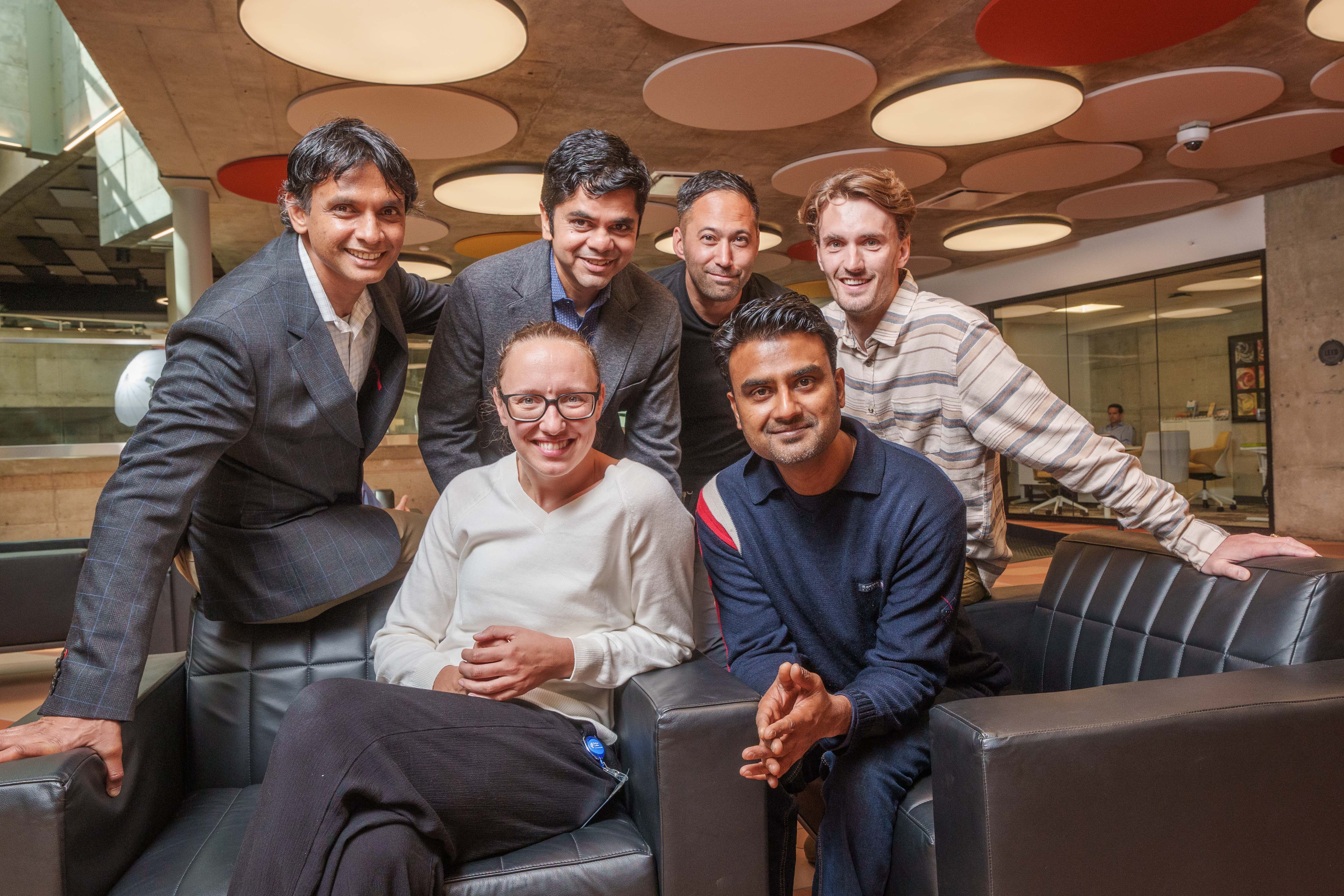Tenant Spotlight on ARIZ: Rising to the Challenge to Make Cancer Treatments More Humane
By Niki Borghei
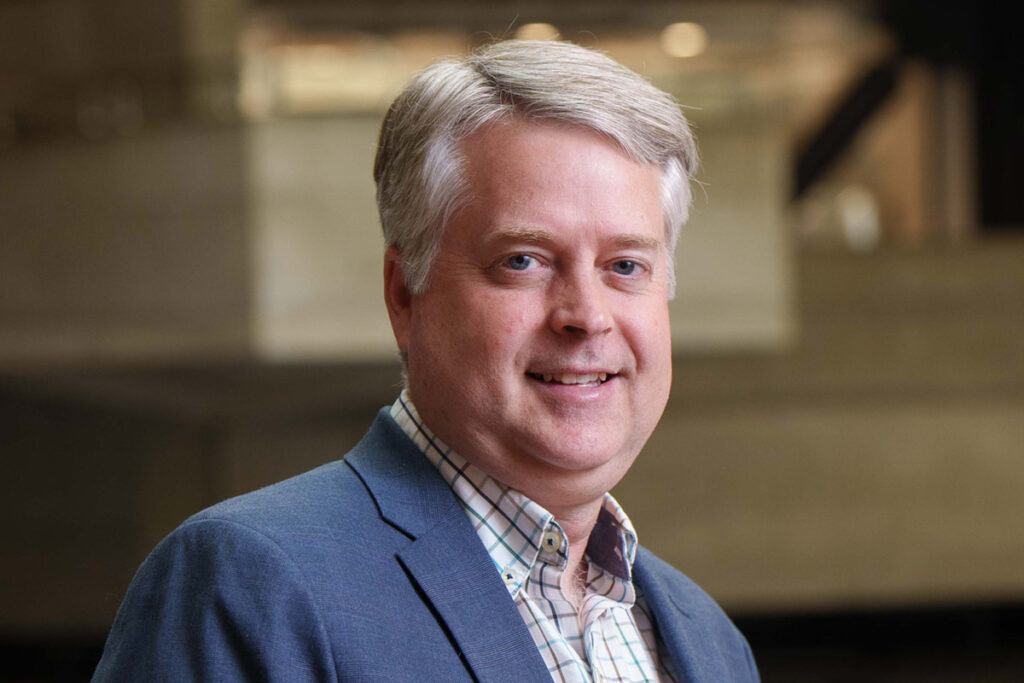
Often, the side effects of cancer treatments are as painful as the illness itself. Patients facing the rigors of chemotherapy endure devastating side effects—crushing fatigue, relentless nausea, hair loss that strips away their identity, and an alarming vulnerability to infections.
What can be done to make cancer treatments more humane? Allow us to introduce you to ARIZ Precision Medicine. They’re dedicated to precision medicine that combats cancer but also preserves quality of life for patients and their families. The mission of ARIZ (pronounced “arise”) is to revolutionize cancer care, addressing both the disease itself and the collateral damage caused by current therapies.
“ARIZ has developed a next-generation cancer drug candidate that redefines precision in cancer treatment,” says CEO Brad Niles. “Our technology improves specificity, reduces toxicity, and addresses cancer at the genetic level, targeting the root cause of the disease. We liken this difference to the ‘carpet-bombing’ approach of chemotherapy to a ‘laser guided missile’ of precision medicine.”
Their approach has two layers of safety, by delivering therapeutics only to cancer cells through a cancer-cell specific targeting approach, along with delivering a genetic medicine that recognizes a gene misregulation that occurs in cancer cells. In this way, they can kill cancer cells without harming healthy cells.
Current cancer treatments include chemotherapy, radiation, and immunotherapy. However, these options only work for a small percentage of patients. Targeted therapies, such as Tagrisso for EGFR-driven lung cancer and Herceptin for Her2+ breast cancer, typically help just 15-20% of those with those specific markers.
ARIZ’s drug candidate, which is siRNA-based, takes a different approach by targeting a misregulation found in 70% of lung cancer patients, which opens up possibilities for many more individuals. siRNA-based therapies are generally safe, but effective delivery is key.
During their search for a reliable delivery method, the team came across calcium phosphate nanoparticles, which are non-toxic and stable in the bloodstream. By adding a targeting ligand to these nanoparticles, they made a significant breakthrough, allowing for high concentrations of siRNA to be delivered directly to tumors. This resulted in impressive tumor growth inhibition and outperformed existing treatments in their preclinical models.
“As I had lost multiple family members to cancer, this was an area I was very passionate about,” Brad says. “I was fortunate to join a team with lots of experience with biotech startups that I could learn from.” The ARIZ team includes CBO Glenn Kazo, chairman Lonnie Bookbinder, and scientist Narendra Vaish.
ARIZ first launched in Davis, CA. Brad joined as VP of R&D in 2016, becoming COO in 2017 and then CEO in 2020. To better connect with the Bay Area biotech scene, ARIZ applied for and won a Golden Ticket to Bakar Labs, sponsored by the American Cancer Society BrightEdge Fund. The award enabled ARIZ to expand from their Davis location and establish a presence in the Bay Area. “It has been amazing to experience the ecosystem built around Bakar Labs,” says Brad, “both for new connections to investors and advisors, as well as being able to be around other similar companies and learning how they are operating. It is also amazing to have all the support from the Bakar Labs staff, who really go out of their way to help.”
Hope for cancer patients is underway. ARIZ recently announced a patent for their siRNA-based approach. This patent covers both pharmaceutical compositions and methods for treating a broad range of cancers. In addition, ARIZ recently partnered with NATA, the Nucleic Acid Therapeutics Accelerator, a UK-based organization funded by the UK government to accelerate drug development for nucleic acid therapeutics, including siRNAs. The team is eager to work with NATA’s experts to expand their pipeline of therapies and get closer to transforming the lives of patients around the globe.
